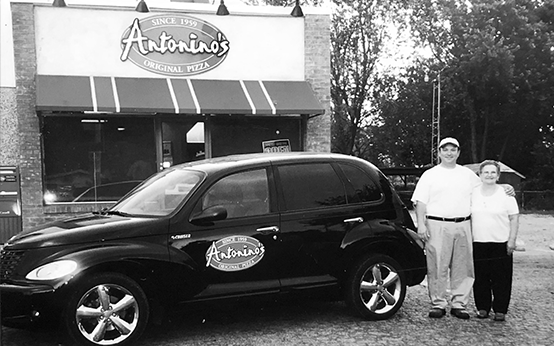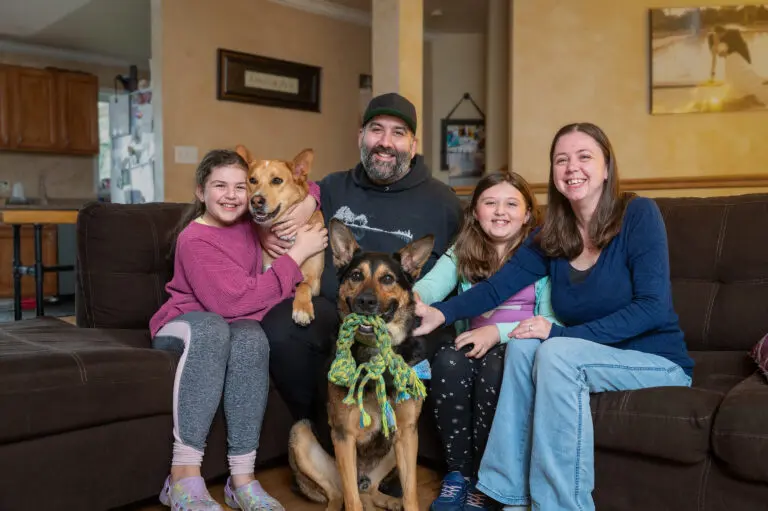Forgiveness, often misunderstood, is neither a weakness nor an absolution of wrongdoing. It is a conscious decision to release resentment, anger, and the desire for revenge towards someone who has caused you pain. This reclamation of personal power is a dynamic process, unique to each individual. This article aims to illuminate a path towards forgiveness that resonates with you.
For starters, forgiveness cannot be forced. It is a common misconception that you can simply choose or decide to forgive. True forgiveness is not a switch you can turn on. It’s an organic process that takes time and effort by working through the pain, not by simply declaring it. False forgiveness, or going through the motions without internal change, is merely lip service. This prevents genuine resolution and disconnects people from their true feelings.
Forgiveness can be a difficult concept, especially for those who have suffered abuse or betrayal. I must emphasize that forgiveness does not mean overlooking or condoning the actions of another person. Instead, forgiveness is a conscious decision to give up struggling against the past and wishing or wanting things to be different than what they are. It’s a mature and healthy decision to no longer let the past actions of another continue to control, wound or drain you of your vital energy.
Harboring unforgiveness can stem from a desire to control the offender’s future, as if by not forgiving, you can prevent them from living a good life. Ironically, the offender is likely unaware of your resentment and has already moved on. Unforgiveness harms you, not them; it’s like drinking poison and expecting the other person to die. Forgiveness takes courage, as it involves dismantling the walls we’ve built for protection, but it can also be the key to freeing yourself from suffering.
My teacher and author the late Debbie Ford wrote in her book, Spiritual Divorce,”‘Forgiveness is the hallway between our past and our future. If you choose to hold onto your anger and resentments, you will continue living a life from your past. What you can always expect when you live a life from your past is more of the same. But if you dare to walk through the door of forgiveness, you will step into a new room and new reality”. The unforgiving mind, full of fear and doubt, finds it difficult to allow love in. This creates a space where sadness and hopelessness thrive, leaving no room for reprieve. Consumed by anger and confusion, it is weakened by the constant search for danger. Trapped and afraid to move forward or stay, the unforgiving mind suffers in the background. Holding onto this pain takes immense energy, yet releasing it can be incredibly challenging.
Forgiveness, an act of self-love, halts the cycle of negativity and brings peace and harmony. It is unconditional, asking nothing in return, and surrounds you and others in love. When forgiveness is complete, the past is forgotten, and there is no reference point from which to judge the present. With complete forgiveness comes total gratitude!
A wise young client of mine was struggling to forgive his mother, who had subjected him to significant emotional abuse without taking responsibility for her actions. I asked him what ‘forgiveness’ meant to him. This is what he had to say: “Genuine forgiveness is an exchange between two people. Forgiveness can occur when an offender acknowledges their wrongdoing and shows remorse, and a victim is open to reconciliation. Both people can evolve and grow from the experience; it’s almost as if the victim grants the offender ‘permission’ to change.” I asked, ‘how do we know if the offender is genuinely remorseful?’ He responded, ‘I guess we don’t really know, both people have to take a risk at that point.’ I asked about the benefits of letting go of resentment. He explained that by coming to terms with what has happened, you can decide to let go of the pain, find solace, and begin to grow and forgive yourself. I questioned, ‘forgive yourself?’ He responded that I should forgive myself for my weakness and lack of courage in establishing stronger boundaries. He also said that, to some extent, I believed her lies about me. He went on to say, there are two types of forgiveness: He explained that forgiveness can be both external, directed towards another person, and internal, encompassing feelings toward oneself and the person who caused harm.’ The teenager’s insightful grasp of forgiveness’s complexity impressed me.
His statement brought to mind an important consideration when contemplating forgiveness: I wouldn’t encourage forgiving someone for their wrongdoings without repentance. When someone takes full responsibility for their actions and offers a genuine apology, it is a sign of true repentance. This act of repentance is for their own benefit, not for yours. While receiving an apology can bring a sense of closure, accepting it does not obligate you to maintain a relationship with them. Choosing to keep them in your life without genuine repentance could lead to repeated offenses and further harm. Remember, true repentance is followed by a change in behavior, not just empty words.
But must you forgive? Can it be healthier not to forgive? Can you refuse to absolve your lover, spouse, parent, sibling or friend and still be emotionally healthy?

Initially, I intended to write this article promoting universal forgiveness as the morally correct and healthy option, and portraying unforgiveness as self-victimization. But, after researching and recalling a client who couldn’t forgive her stepfather for the countless nights he snuck into her bed and abused her, it was evident, some people need permission not to forgive. “Why do you think you have to forgive him, I asked gently?” She paused for a moment looking kind of perplexed and said, “I didn’t think I had a choice”. Forgiveness is often seen as necessary for a positive self-concept and ‘holiness’, while unforgiveness is seen as unhealthy. True forgiveness should be based on a sincere desire to change. In my client’s case, not granting forgiveness to her abuser (who had no remorse), expresses her right to her own feelings. It was a hard-won freedom for her to recognize that she was under no obligation to offer forgiveness she didn’t feel. Forgiveness is a personal choice, not a requirement, and can be empowering for survivors.
Although forgiveness is frequently seen as the optimal approach to healing from past trauma, true forgiveness requires authenticity. It can be transformative and facilitate personal growth, while bypassing or ignoring painful feelings, unresolved wounds and unmet needs rarely leads to genuine resolution.
Forgiveness cannot be forced because an inability to forgive is directly tied to negative emotions which are a direct reflection of your perception and thus, never lie. They cannot simply be turned off. In order to change how you feel, you need to have a complete shift in your perspective. Once this organic shift occurs, forgiveness becomes the natural byproduct. Forgiveness intrinsically changes something in you, and you see the experience through a new lens. It is quite common for people to find themselves feeling compassion for the person who betrayed them.
Forgiveness, which takes place internally, is similar to the grieving process. It is triggered by our willingness to experience our emotions without self-judgment. Anger, even rage, is a natural part of this process. It is crucial to express these intense emotions in a healthy way, such as through writing, dialogue, or physical activity. Giving a voice to our anger fosters self-empathy. True forgiveness does not involve suppressing anger but rather, it involves acknowledging and expressing our emotions.
To find forgiveness, start by setting an intention. Visualize the relief you’ll experience once the weight of unforgiveness is lifted. Smile and feel gratitude for the liberation you’re about to experience. To help uncover your relationship story with the person you’re forgiving, and the emotions attached to it, ask yourself these questions and explore the answers:
- What were the consequences of this relationship?
- What am I angry about? What has me upset, frustrated and mad?
- What is my sadness? What do I feel most sad about?
- What do I feel ashamed about? What shame am I still carrying?
- What am I afraid of? What scares me most about the circumstances of this relationship?
- What am I concealing from others?
- What do I do to try to make myself feel better?
- How do I protect myself?
- What is my guilt? What do I feel guilty about?
Express your experience in vivid detail, using language that captures the intensity of your emotions. Re-examine your story and find a more empowering interpretation to help shift you from pain to power. If you’re struggling, consider seeking guidance from a mental health professional.







